As many in Europe and elsewhere experience growing anxiety about the rise of far right nationalist parties, ceremonies marking Yom HaShoa—Holocaust Remembrance Day were held in some of those very same places earlier this week.
In Rostov-on-Don, as many as 300—both Jews and non-Jews—were present when a plaque at the Zmievskaya Balka memorial site was finally replaced. In a compromise between the Jewish community and local government, the plaque now identifies Zmievskaya Balka as the site of the largest mass killing of Jews by Nazis in Russian territory.
In August 1942, the area’s Jews were ordered to appear at a designated site on the outskirts of the city, ostensibly for their own safety. Over the course of two days 27,000 people—the large majority of them Jews—were shot to death there.
Boris Kogan, a local Jew, said that his grandmother often brought him along with her to the site, where her mother was murdered. But under communism she was not free to give him the Jewish context, and for years, he had no idea that this was a place of Jewish mass murder.
That changed after the fall of communism, but then in 2011, much to the dismay of local Jews, government officials removed the original plaque which had been installed in 2004, remembering Jews as victims of the Holocaust who were killed there, and replaced it with one that made no mention of Jews.
“It was a very painful event for Jewish survivors and children of survivors who felt that once again, they were betrayed,” Rabbi Chaim Danzinger, Chief Rabbi of Rostov on Don and the Southern Federal Region told lubavitch.com.
After attempts to have the plaque replaced through legal avenues failed, negotiations led by Rabbi Alexander Boroda, Chairman of the Board of the Federation of the FJCR, and Chief Rabbi Berel Lazar, with the Ministry of Culture, a text was agreed upon that would name Jews as the prime target of the killings by Nazis, but would not mention the Holocaust.
Although Danzinger does not say that the change of plaques in 2011 was motivated by anti-Semitism, he feels strongly, he says, that this week’s unveiling of the new one is precedent setting especially when “many memorials avoid mention of the Jews as victims.”
“At a time when Jews are feeling vulnerable once again, it is important not to mince words about the atrocities committed against Jews. We need to be explicit about what ant-Semitism does,” he told lubavitch.com.
For Dmitri Alperovich, the unveiling of the new sign on Monday was a welcome corrective if late in coming. His grandmother and great grandfather were killed there, and the removal of the original sign, he said, did an injustice to their memory. “I feel relieved that now my grandmother, who died as a Jew, is remembered here as a Jew.”
Following the memorial event, Rabbi Lazar held a press conference. He spoke of the resurgence of Nazi ideology that is gaining influence today, and the need to confront this danger unequivocally. The memorials should serve reminders of the consequences of anti-Semitism that is permitted to go unchecked.
Rabbis and government officials then participated at a dinner in the shul with local Jewish students. According to Rabbi Danzinger, Rostov-on-Don has a Jewish population of about 10,000. He focuses many of his activities on Jewish students who are discovering their Jewish identity. At least half of the 80 students who participated at his communal Passover seder for students had never been to one before. Next week, he will lead a group of 50 students who have completed a semester of Jewish studies, on a tour of Jewish Europe.
“The Jewish life that is growing here is remarkable. Students who knew absolutely nothing about their heritage are now embracing a Jewish lifestyle, hungry to learn, to practice and to belong.” It is, he said, more than any memorials, “the most meaningful way to memorialize the Jews murdered in the Holocaust.”
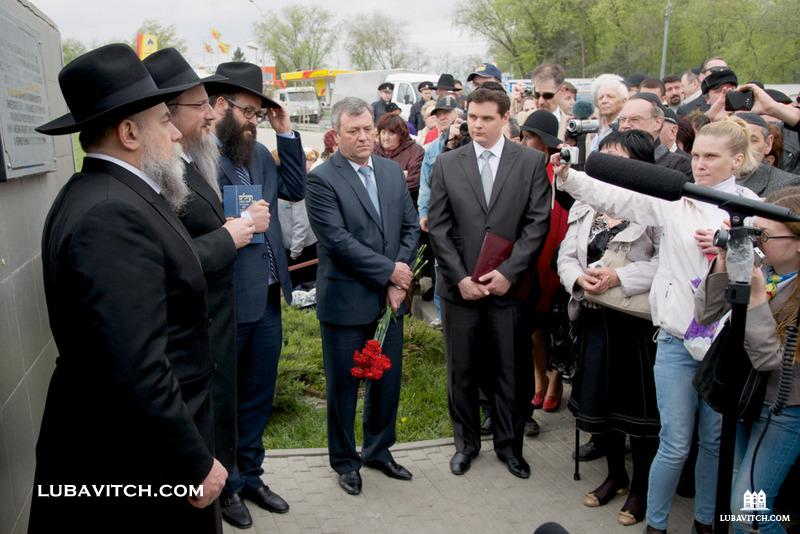
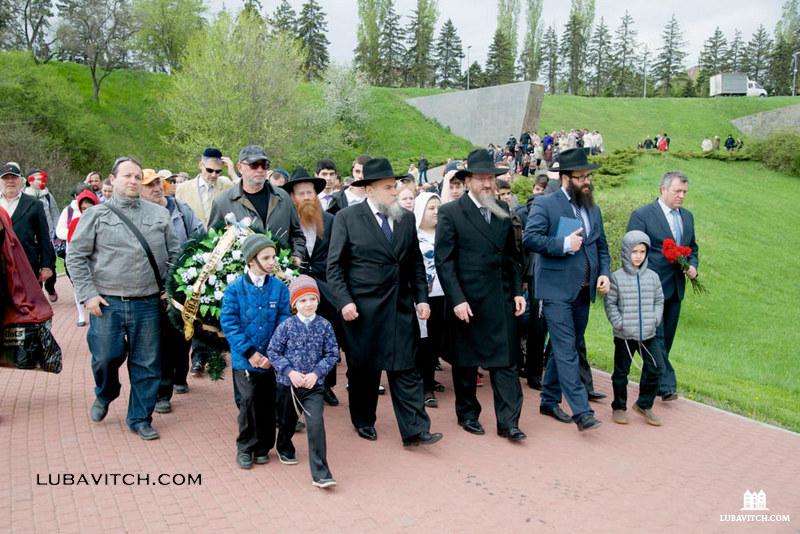
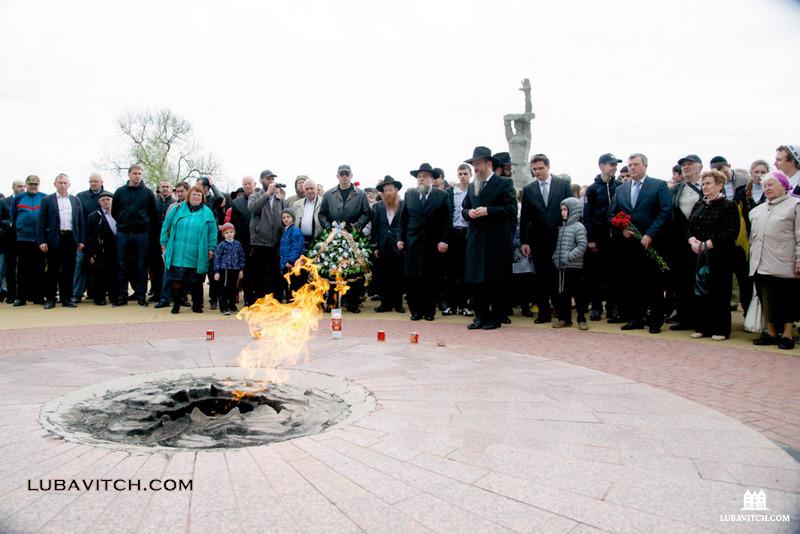
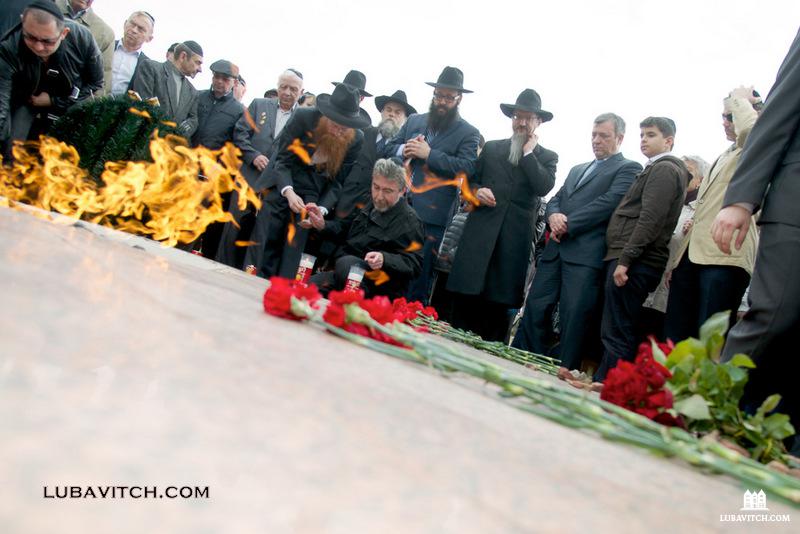
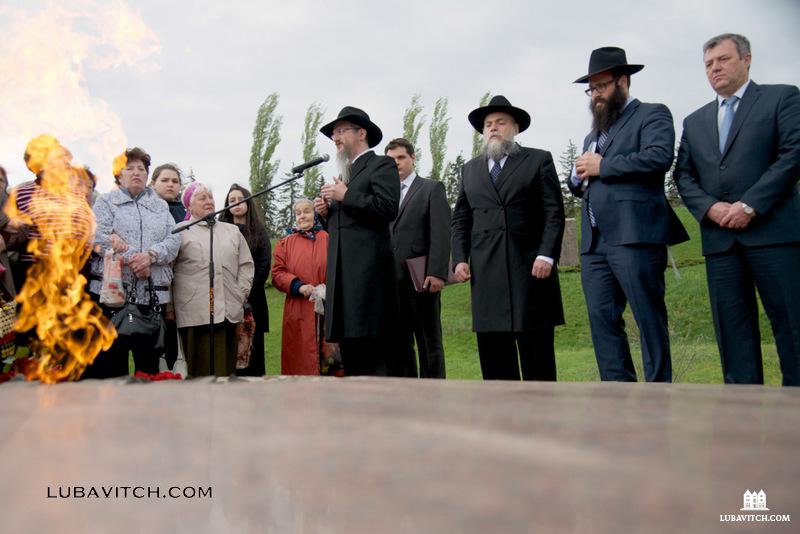
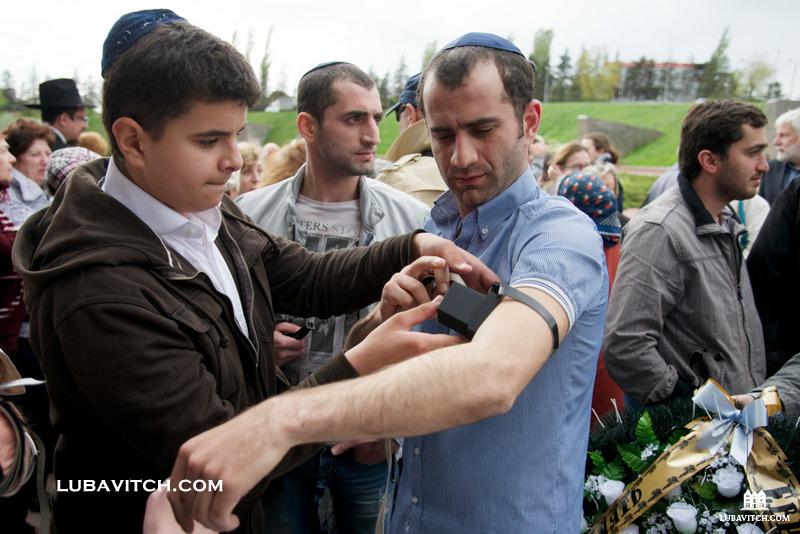
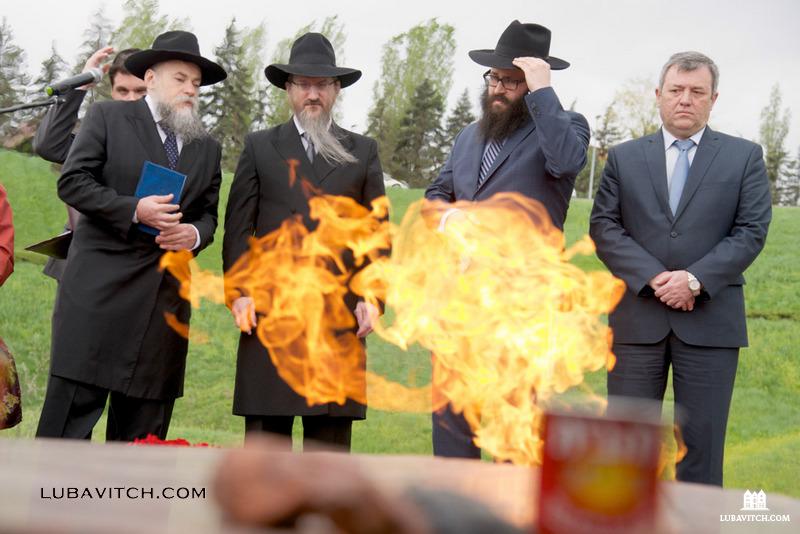
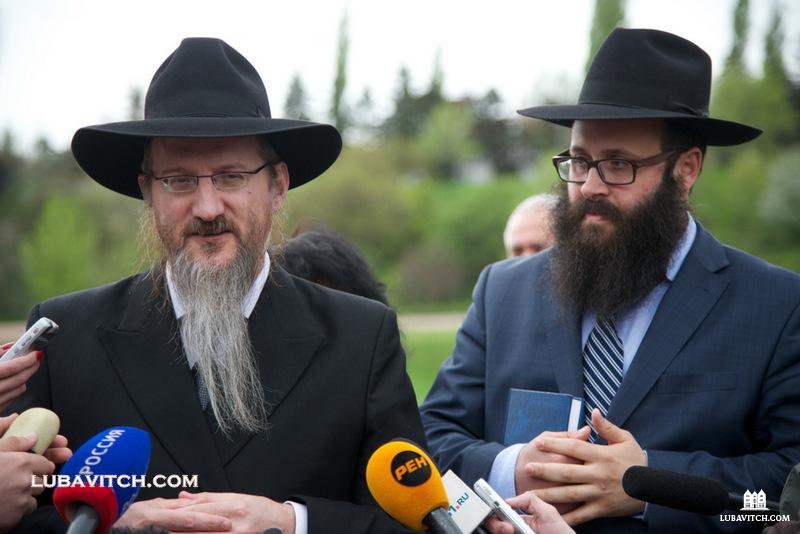
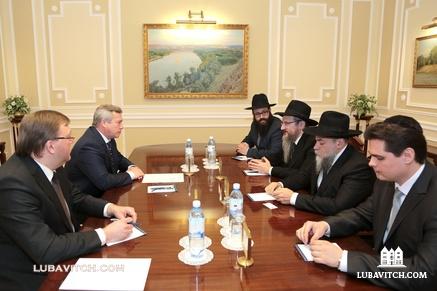
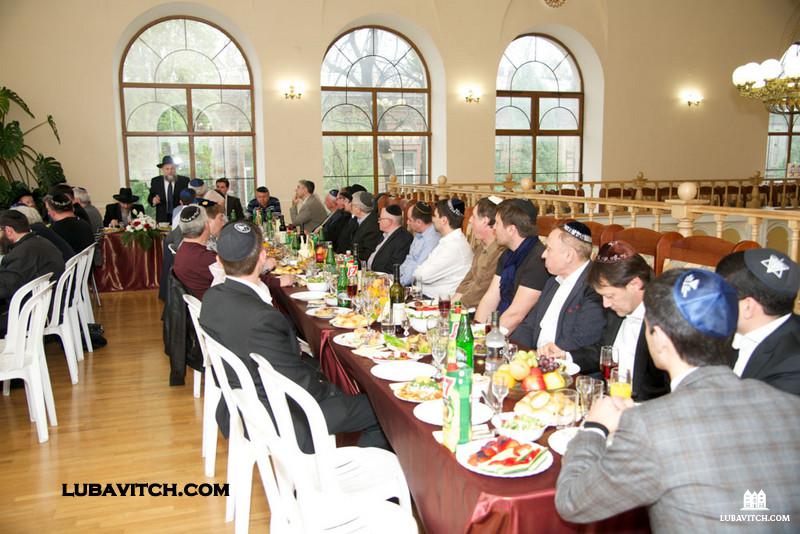

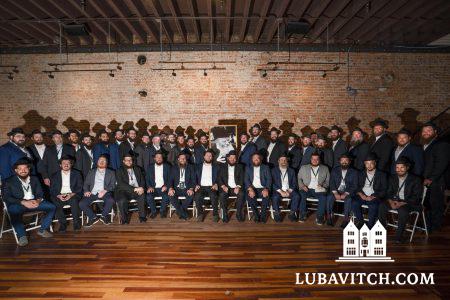

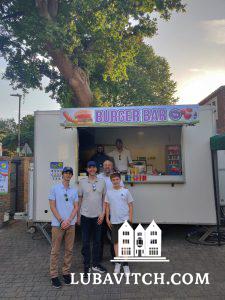
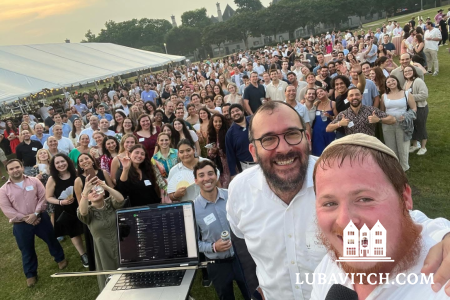
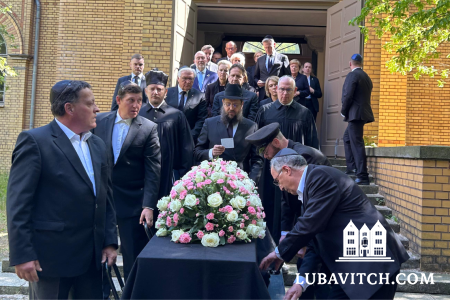
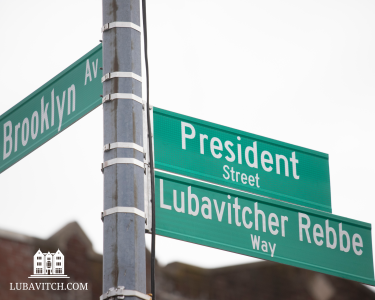
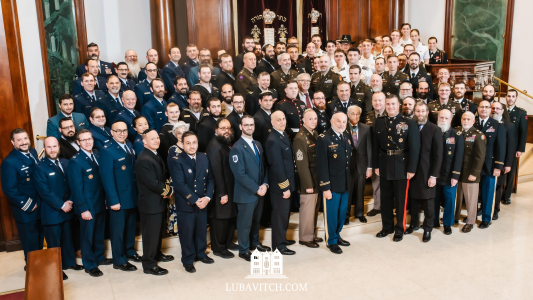

Be the first to write a comment.